The Cambridge Companion to Vygotsky

Summary
L. S. Vygotsky was an early twentieth century Russian social theorist whose writing exerts a significant influence on the development of social theory in the early twenty first century. His non-deterministic, non-reductionist account of the formation of mind provides current theorietical developments with a broadly drawn yet very powerful sketch of the ways in which humans shape and are shaped by social, cultural, and historical conditions. The Cambridge Companion to Vygotsky is a comprehensive text that provides students, academics, and practioners with a critical perspective on Vygotsky and his work.
Similar Books
-
 History and systems of psychology
History and systems of psychologyby James F. Brennan
-
 History and Systems of Psychology
History and Systems of Psychologyby James F. Brennan
-
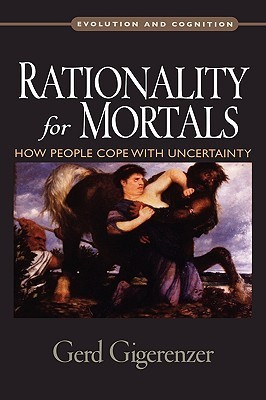 Rationality for Mortals: How People Cope with Uncertainty
Rationality for Mortals: How People Cope with Uncertaintyby Gerd Gigerenzer
-
 Concepts: Where Cognitive Science Went Wrong
Concepts: Where Cognitive Science Went Wrongby Jerry A. Fodor
-
 Alchemies of the Mind: Rationality and the Emotions
Alchemies of the Mind: Rationality and the Emotionsby Jon Elster
-
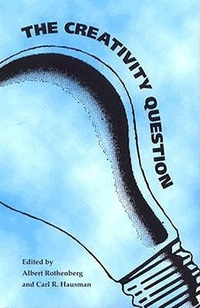 The Creativity Question
The Creativity Questionby Albert Rothenberg
-
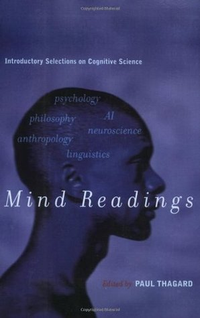 Mind Readings: Introductory Selections on Cognitive Science
Mind Readings: Introductory Selections on Cognitive Scienceby Paul Thagard
-
 The Oxford Handbook of Religion and Science
The Oxford Handbook of Religion and Scienceby Philip Clayton
-
 Our Knowledge of the Past: A Philosophy of Historiography
Our Knowledge of the Past: A Philosophy of Historiographyby Aviezer Tucker
-
 Ethical Issues in Human Cloning: Cross-Disciplinary Perspectives
Ethical Issues in Human Cloning: Cross-Disciplinary Perspectivesby Michael C. Brannigan
-
 Biology and Epistemology
Biology and Epistemologyby Richard Creath
-
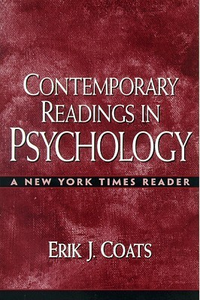 Contemporary Readings in Psychology: A New York Times Reader
Contemporary Readings in Psychology: A New York Times Readerby Erik J. Coats
-
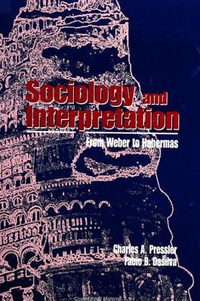 Sociology and Interpretation: From Weber to Habermas
Sociology and Interpretation: From Weber to Habermasby Charles A. Pressler
-
 Mindscapes: Philosophy, Science, and the Mind
Mindscapes: Philosophy, Science, and the Mindby Martin Carrier
-
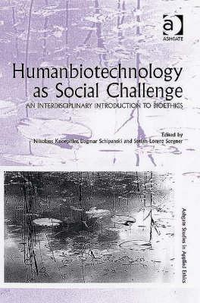 Humanbiotechnology as Social Challenge: An Interdisciplinary Introduction to Bioethics
Humanbiotechnology as Social Challenge: An Interdisciplinary Introduction to Bioethicsby Nikolaus Knoepffler
-
 Verstehen and Humane Understanding
Verstehen and Humane Understandingby Anthony O'Hear
-
 The Problem of Animal Generation in Early Modern Philosophy
The Problem of Animal Generation in Early Modern Philosophyby Justin E. H. Smith